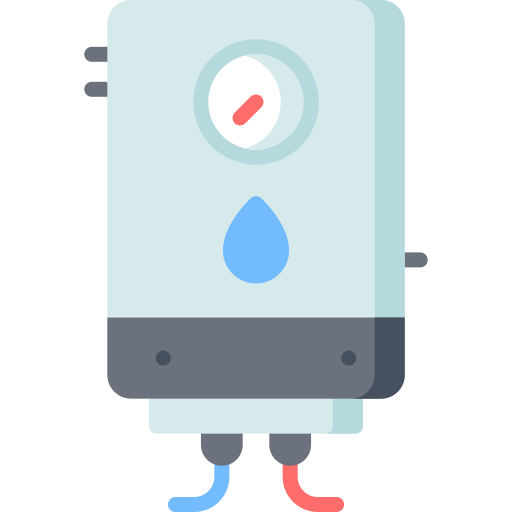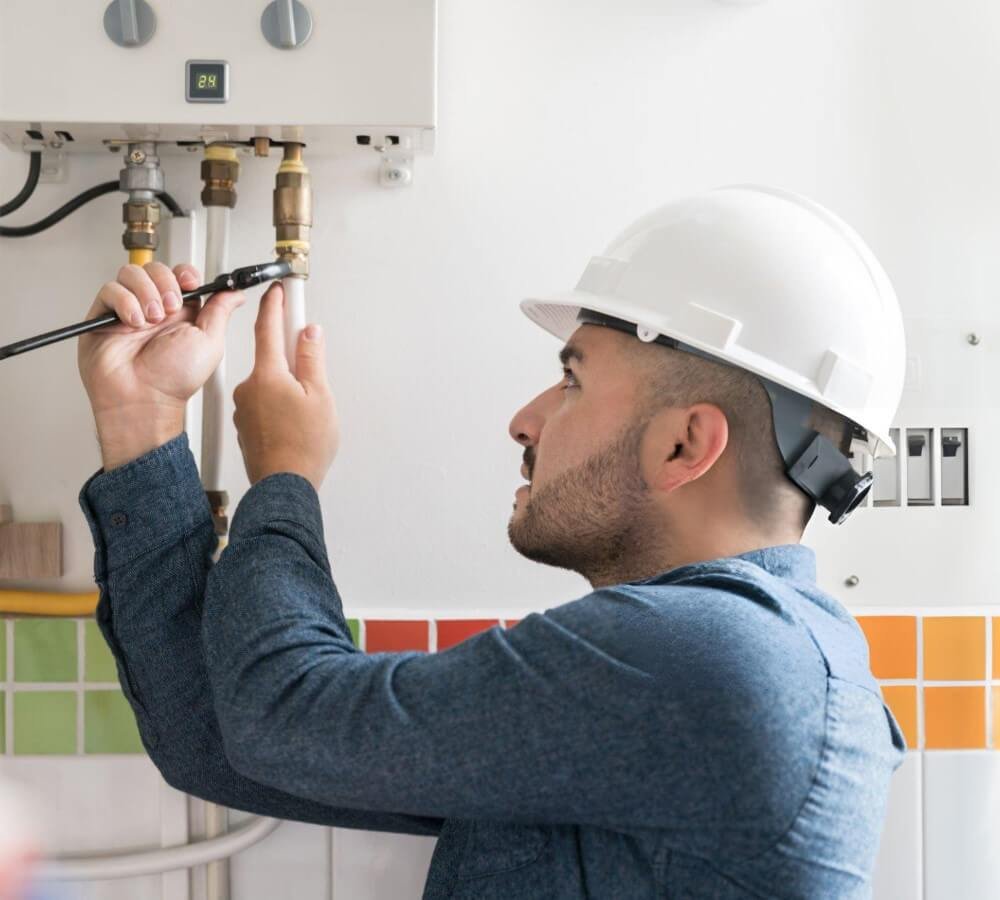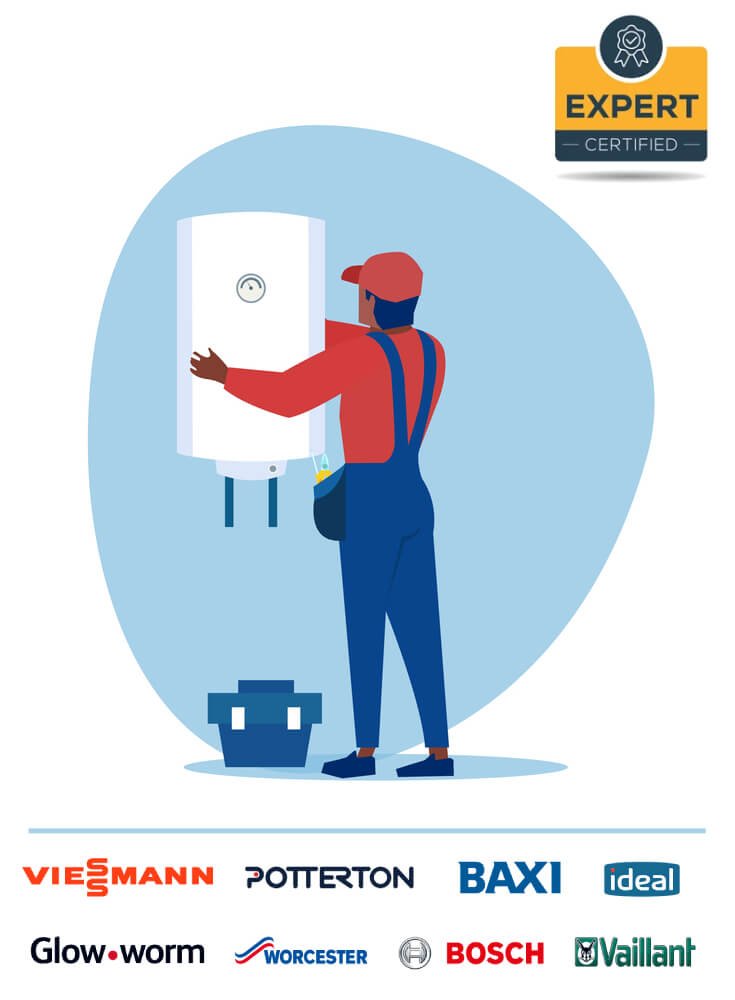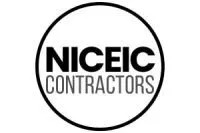
Boiler Installation & Replacement in London
Looking to enhance the efficiency of your heating system in London? Our Boiler Installation London service ensures your home remains warm and comfortable throughout the year.
Uncover the key factors that contribute to a successful boiler installation or replacement project with us, from smart technology integration to tailored solutions for your space. Learn how investing in a new boiler can bring long-term benefits to your household.
Inquire nowBoiler Installation & Repair Price
from £1499
✔ Professional Engineers
✔ Affordable Price
✔ Emergency Service

Comprehensive Boiler Installation Services
When considering boiler installation services in London, you can rely on our team of experienced Gas Safe Engineers, known for their quality work and affordability. We offer efficient heating solutions by providing eco-friendly options that include energy-saving technologies.
Our team utilizes modern technology to guarantee the installation of top boiler brands like Ideal, Vaillant, and Worcester Bosch, ensuring peak performance and reliability. These top-quality boilers not only provide efficient heating but also contribute to reducing your carbon footprint with their eco-friendly emissions.
Choose us for the best boiler installation London offers, ensuring quality and sustainability.
Transparent Pricing and Payment Options
For clear and upfront pricing, trust our boiler installation London services. Our transparent pricing and payment options ensure you know exactly what you’re paying for, with no hidden fees or surprises.
- Fixed Price Quotations: Our cost breakdown guarantees transparency.
- Flexible Payment Solutions: Whether you prefer to pay upfront or explore financing options, our pricing starts from £1,499, giving you a clear understanding of the costs involved.
By choosing us, you can rest assured that you’ll receive competitive rates for installations and various financing options if needed.
Trust our team to provide you with a straightforward pricing structure and payment flexibility for your boiler installation needs in London.
Inquire NowReliable Company Information and Services
At London Safety Certificate, we pride ourselves on offering reliable boiler installation London services tailored to your specific needs. Our Gas Safe registered engineers, with over 10 years of experience, guarantee your safety and peace of mind.
- Competitive Rates: Enjoy affordability without compromising on quality.
- Extended Warranties: Protect your investment and ensure long-term satisfaction.
- Customer Satisfaction: Transparent pricing with no hidden charges.
Our experienced engineers are proficient in emergency breakdown repairs, installations, and servicing, catering to all your boiler requirements promptly and efficiently. Count on London Safety Certificate for high-quality services that prioritize your comfort and safety, making us the best boiler installation London provider.
Inquire NowExpert Recommendations and Warranty
To ensure you make informed decisions about your boiler installation, let’s explore the expert recommendations and warranty options available through London Safety Certificate.
Tailored Energy-Efficient Advice
When considering your boiler needs, London Safety Certificate provides tailored advice on energy-efficient options that align with your specific requirements. Our knowledgeable team understands budget constraints and can guide you toward cost-effective solutions without compromising quality.
Safeguarding with Extended Warranties
Additionally, we offer extended warranties from various manufacturers to safeguard you against unexpected issues that may arise with your new boiler. By discussing available warranty options over the phone, we make sure that you can choose the coverage that best suits your individual needs.
Commitment to Support and Protection
Rest assured that London Safety Certificate is committed to providing you with thorough support and protection, giving you peace of mind as you invest in a new boiler installation in London.


Exceptional Customer Support and Reviews
With a dedicated team ready to provide transparent and reliable assistance, our customer support at London Safety Certificate stands out for its exceptional quality and efficiency. We take pride in our service quality, ensuring that every step of the installation process is smooth and satisfactory for our customers. Our quick response time to inquiries and issues showcases our commitment to meeting your needs promptly.
Reach out to us for a hassle-free experience backed by excellent customer support and real customer feedback. If you’re searching for boiler installation near me, we are here to provide the best services in London.
Inquire now
Areas We Serve for Boiler Installation London
Wandsworth
Harrow
Ealing
Bromley
Croydon
Fulham
Kensington
Westminster
Sutton Surrey
W1
SW
WD
EN
CM
IG
RM
DA
BR
CR
SM
KT
TW
UB
HA
FAQs
Upgrading to a more energy-efficient boiler brings you cost savings, energy efficiency, and reduced carbon footprint. Enjoy enhanced home comfort with modern technology, long-term investment benefits, fuel efficiency, and warranty coverage throughout the installation process.
To make sure your new boiler lasts, follow maintenance tips for efficient operation. Utilize warranty coverage for repairs. Schedule professional servicing to enhance longevity benefits. Keep your boiler in top shape for years to come.
When looking for Government incentives or financial assistance for your boiler installation or replacement, consider potential energy savings and environmental impact. Streamline the installation process by exploring available schemes suited to your needs.
You can schedule after-hours appointments for weekend installations with flexible options. Emergency replacements and nighttime installations are available. Enjoy the convenience of scheduling your boiler installation or replacement at a time that suits you best.
When choosing between boiler brands, you should consider cost comparison, efficiency ratings, warranty coverage, installation process, and customer reviews. Evaluate these factors to guarantee you make the best decision for your home heating needs.









